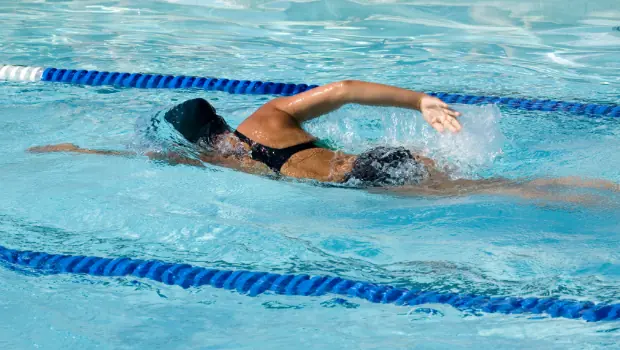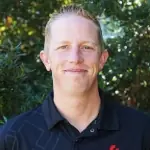
A triathlete typically hires a coach for a specific purpose. Usually, this purpose includes wanting to race faster and/or longer, maximize available training time, or minimize injury risk and reoccurrence. A healthy coach-athlete relationship is one in which the coach helps the athlete successfully reach their goals while simultaneously maximizing their enjoyment of the triathlon experience.
In most cases, this means the coach delivers a training plan and helps the athlete execute that plan. Additionally, the coach will likely be called upon to offer support, advice and expertise to ensure their athlete's success. A coach will expect honest feedback from the athlete so that they can, in turn, provide the best available product to the athlete.
An athlete should hire a coach because he or she is an expert in their field. Therefore, the athlete will need to enter the relationship with an open mind and trust in the coach. The athlete should remember their coach works for him or her, so the athlete should expect to see ongoing movement towards their goal as well as respect for their limitations and priorities. Family, career, faith, social plans and other responsibilities need to be taken into consideration when the coach creates training plans.
The coach-athlete relationship is most productive when the there is open and honest communication between the athlete and their coach. The athlete should regularly update the coach as to their fitness gains, recovery levels or anything else the coach may need to keep in mind when making adjustments to the training plan. The coach should communicate honest assessments of things like the athlete's objectives, limitations and training consistency.
An athlete should do their due diligence when hiring a coach--similar to when selecting a doctor, accountant or any other professional service. The athlete should ensure the coach has a proven track record of delivering results to athletes similar to them, and that the coach can provide the same results within the limitations of the athlete A coach should look to work with athletes who are dedicated to achieving their goals and willing to put in the work necessary to do so.
Perhaps (obviously) I am biased, but the available data also confirms that athletes who work with a coach consistently perform at a higher level than those that do not. It is common for self-taught athletes to hire a coach when taking on half or full distance triathlons, but coaches can have great success with short course athletes as well. Whenever the athlete is ready to take their performance to the next level or simply train and race in a more efficient manner, hiring a coach is a great strategy.
Looking for your own triathlon coach? The TriDot triathlon training system is a one-of-a-kind, patents-pending coaching and training system that takes the guesswork out of triathlon training and racing.
Related Articles:
Lessons Learned From My Worst Race Ever
10 Things Triathletes Should Never Do
10 Common Training Mistakes To Avoid
Connect with us on Twitter, Facebook, Instagram or Pinterest for more tips, recipes and ideas to fuel your ACTIVE life.



